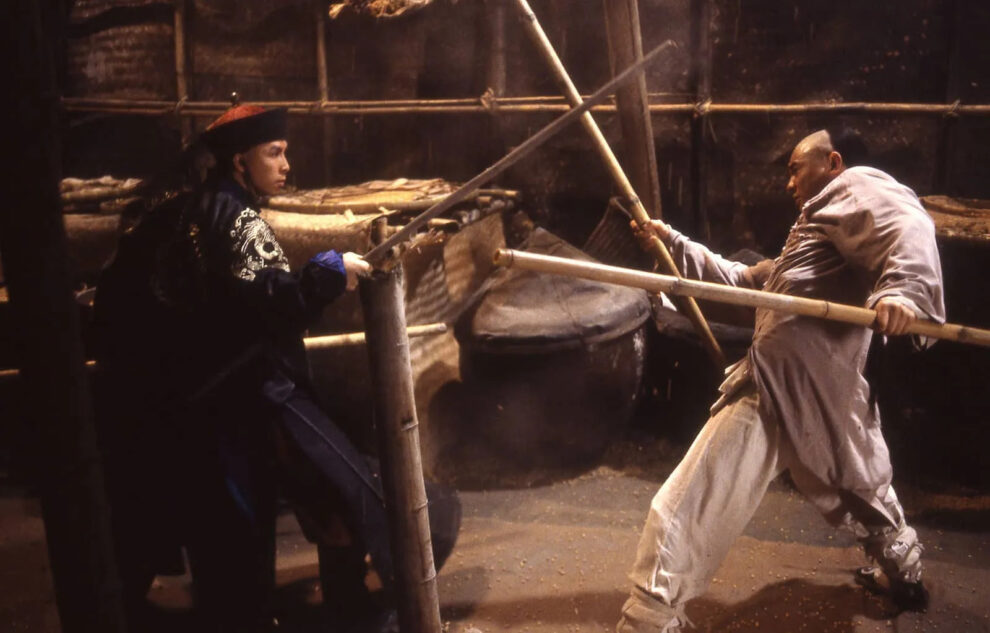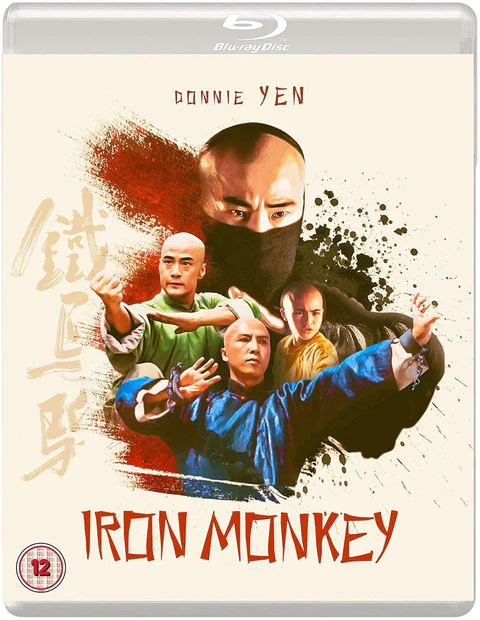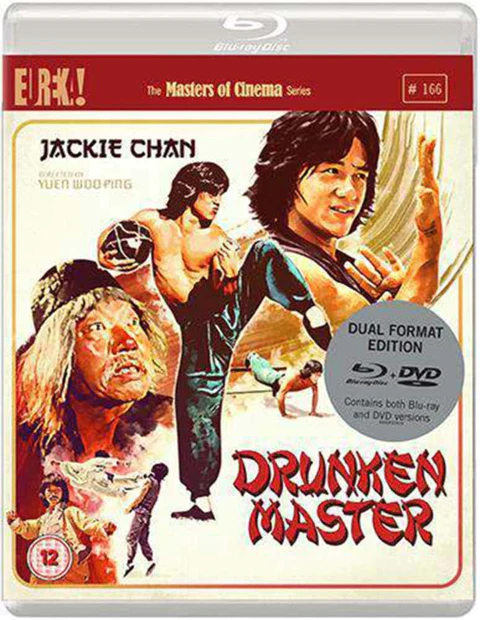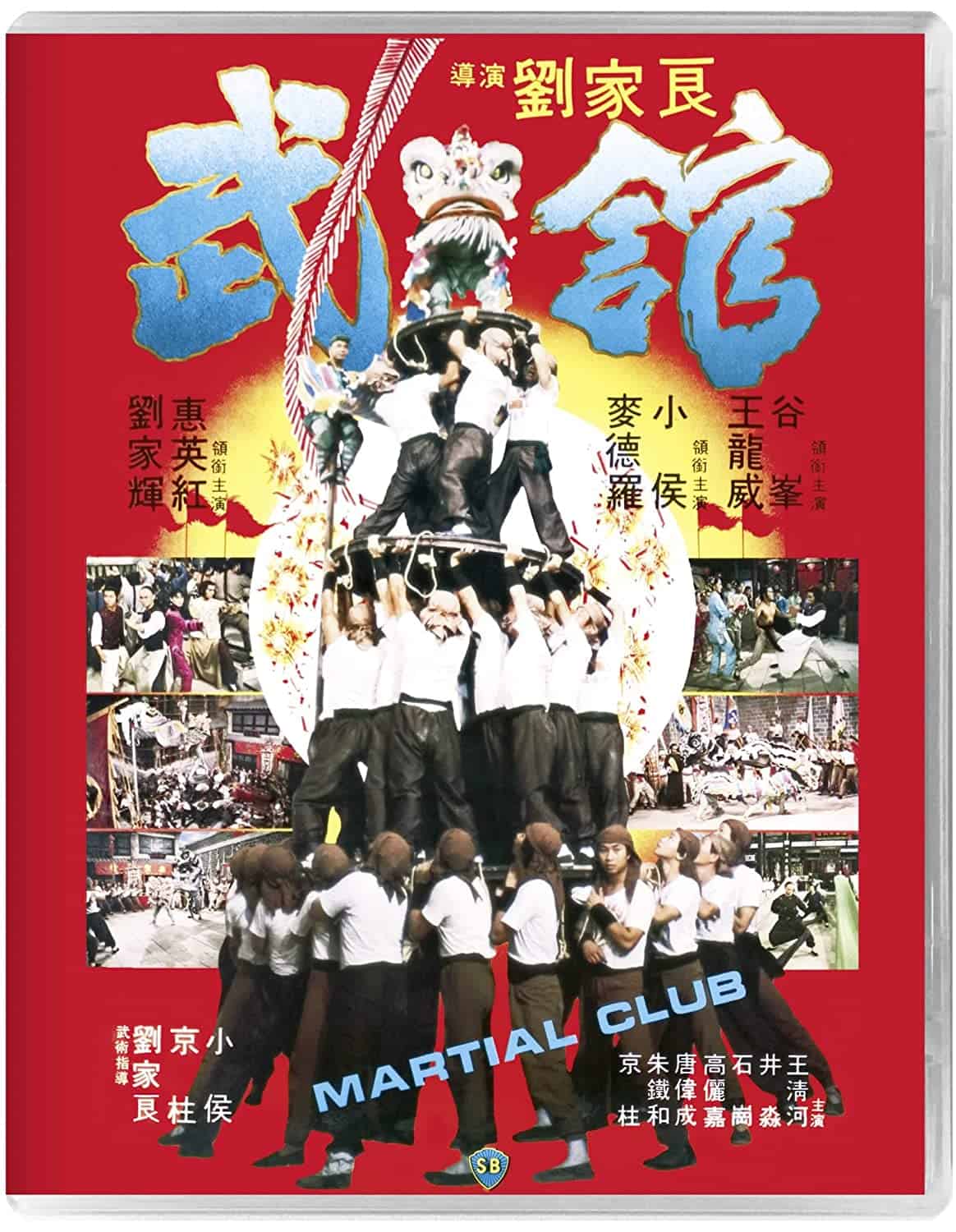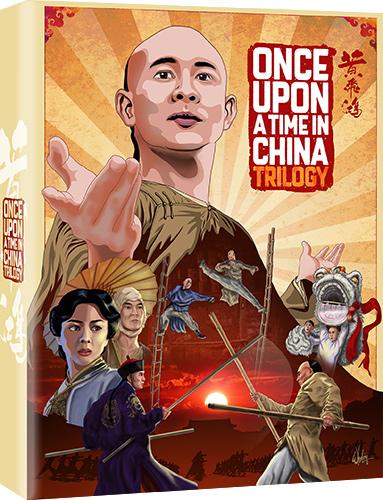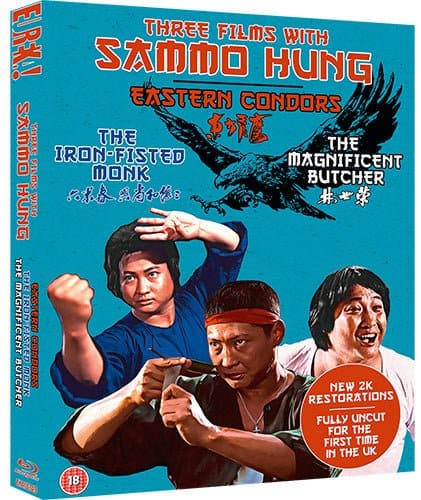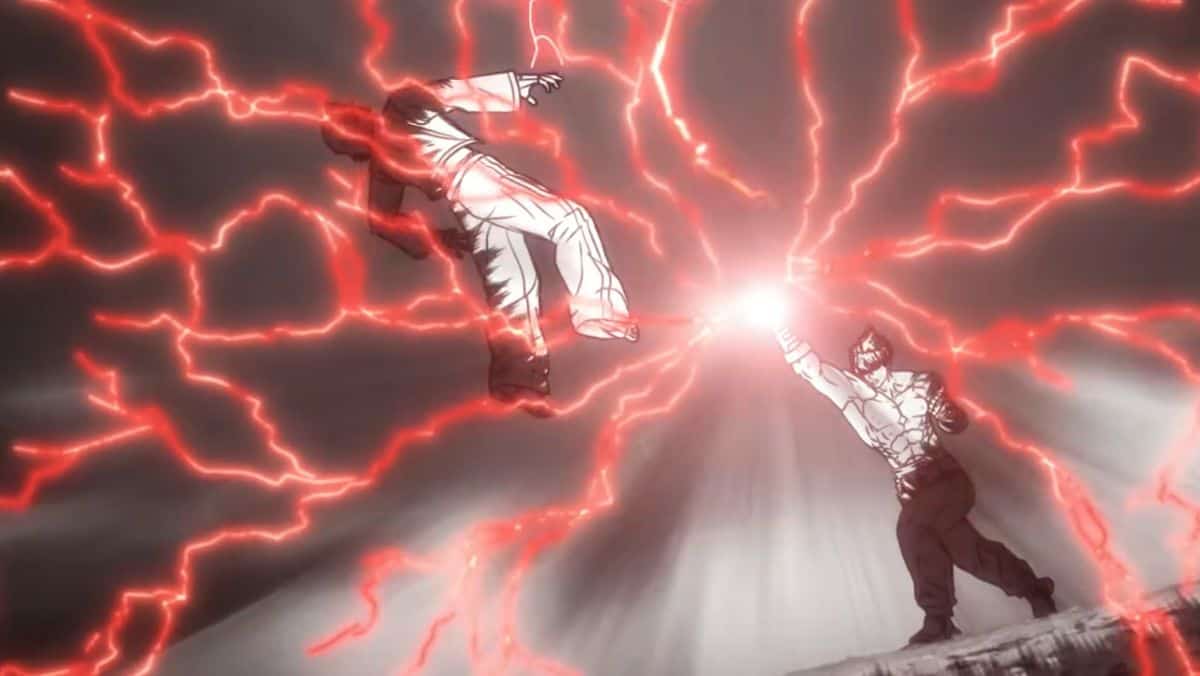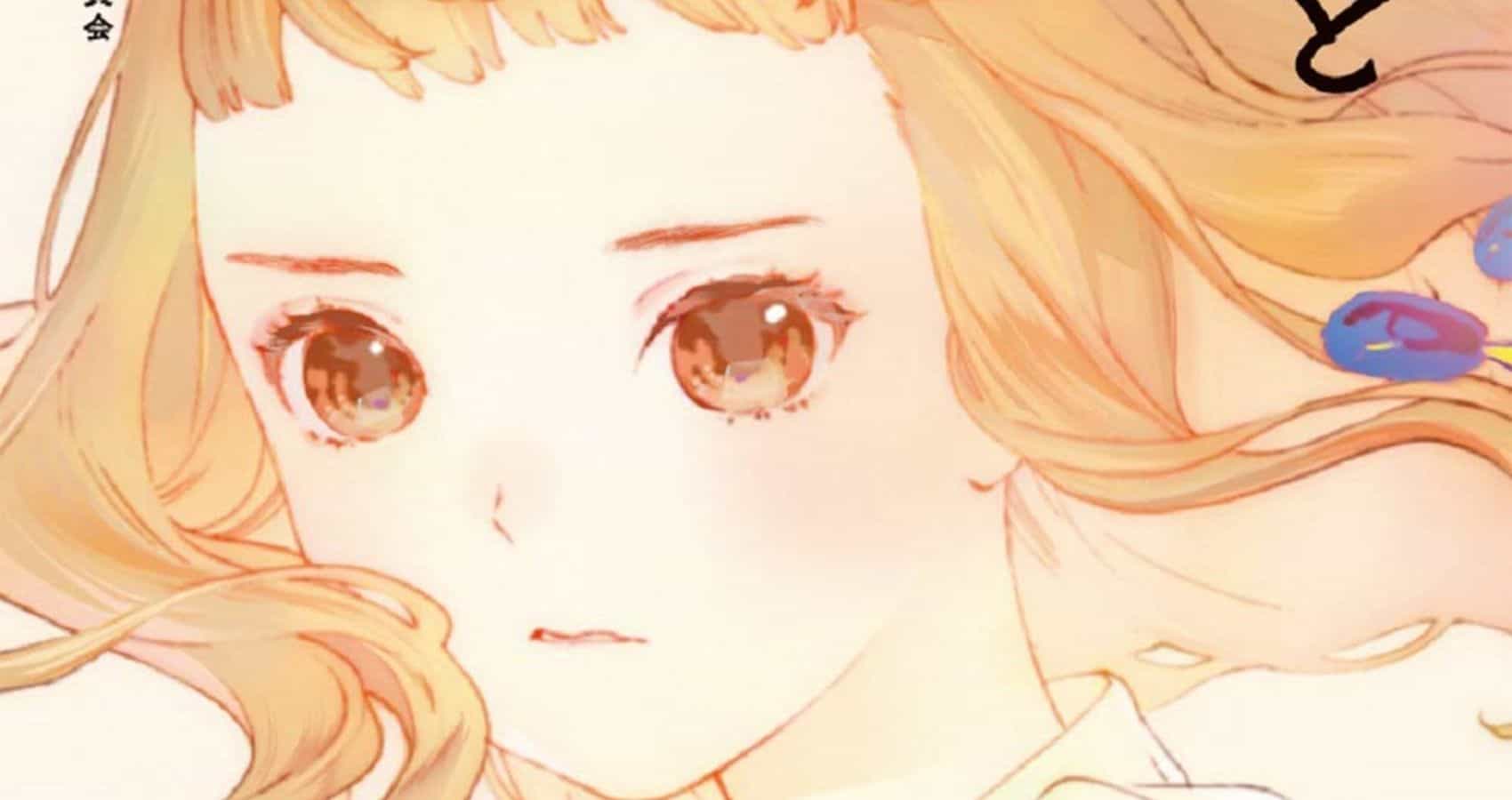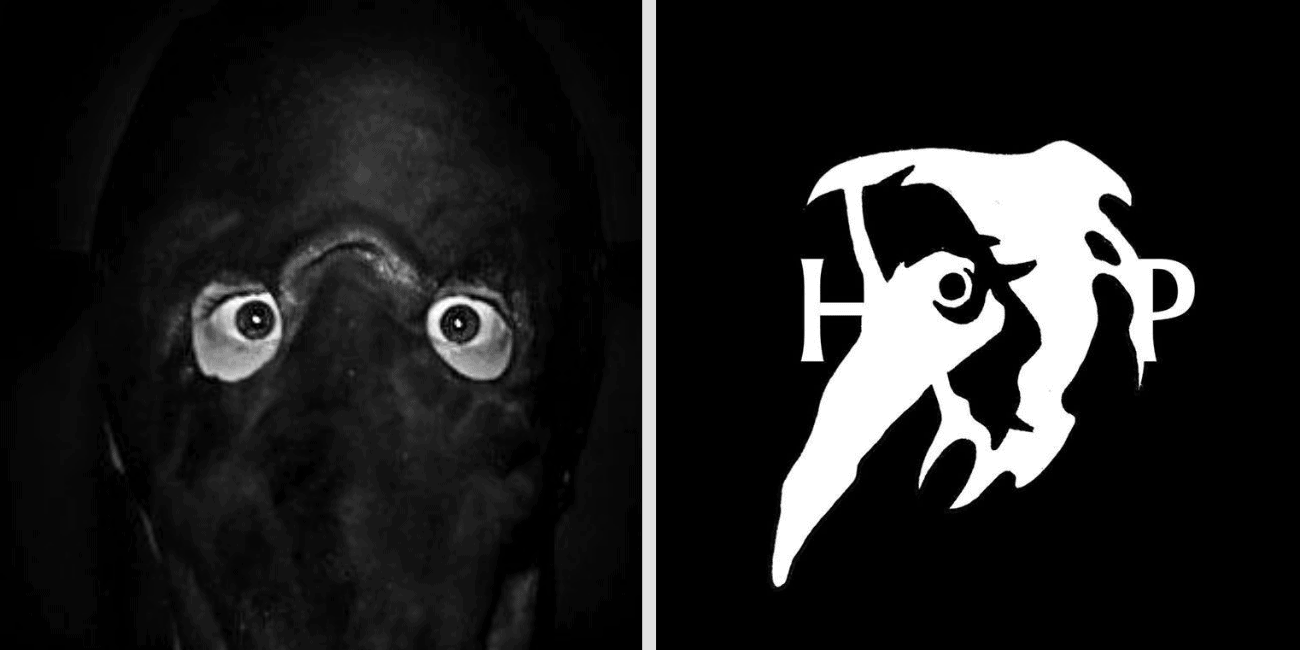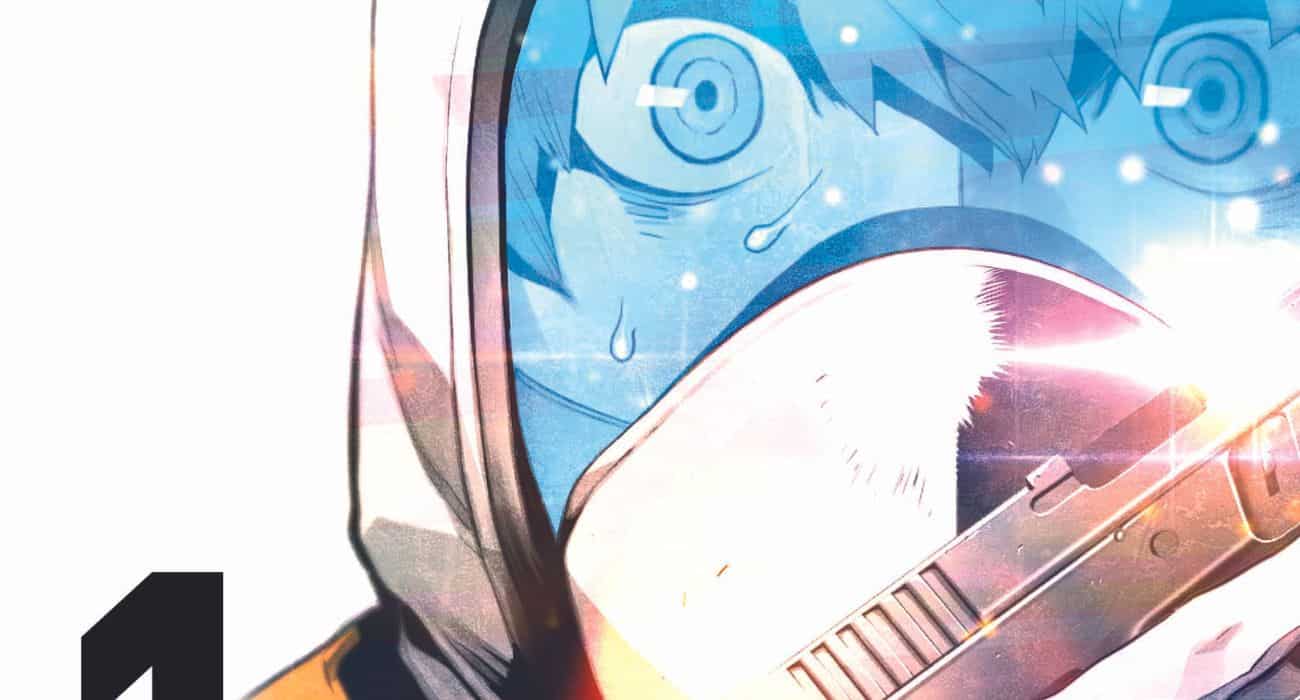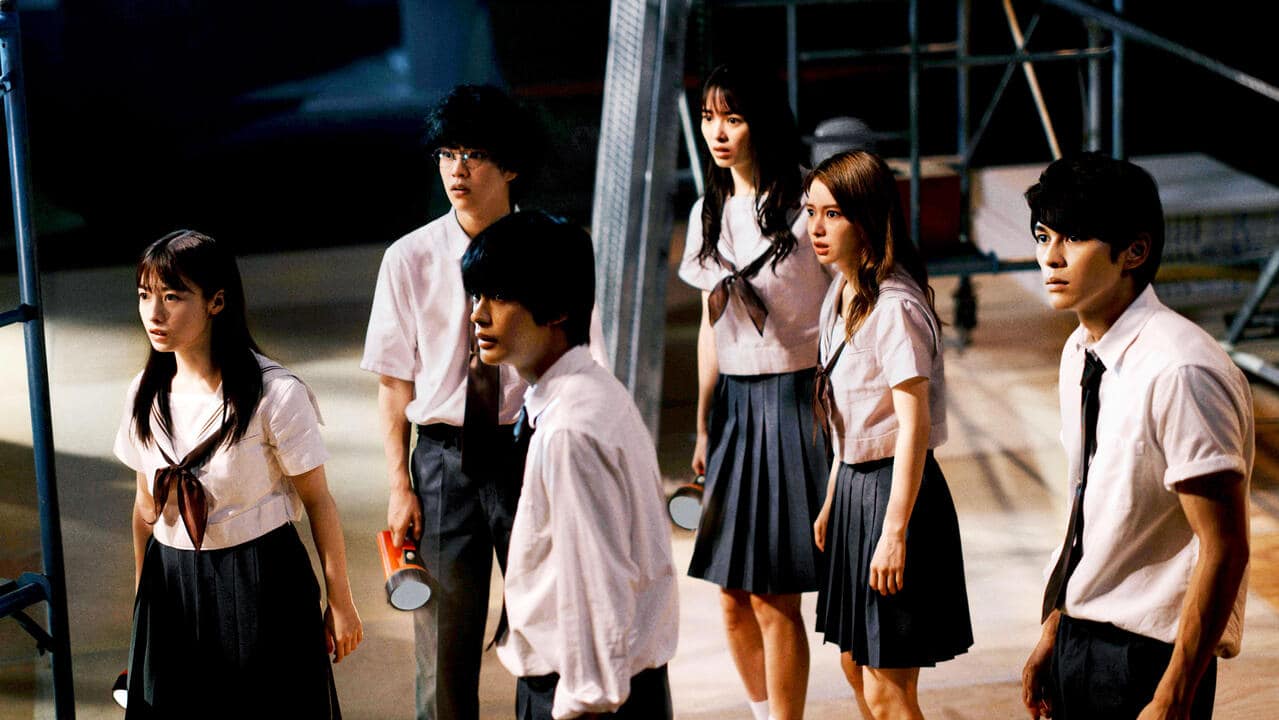The story of Wong Fei Hung can best be summed up by the adage taken from John Ford's “The Man Who Shot Liberty Valance”. g”. For modern audiences this would apply to the seemingly endless variations on the life of Ip Man. Yet before him we had generations of audiences growing up to the feats of the master of the “No Shadow Kick” and member of the Ten Tigers of Canton, Wong Fei Hung. Over the years there have been numerous incarnations representing him at various aspects of his life. In addition, we have gained a supporting cast of familiar sidekicks, mentors, and comic relief. All alongside the familiar sound of the “General Marching Under Orders” theme that has become so associated with the character. It's not often we get to see a character grow up on screen and so here we present the life of Wong Fei Hung in several cinematic chapters.
1.Iron Monkey (1993) by Yuen Woo Ping
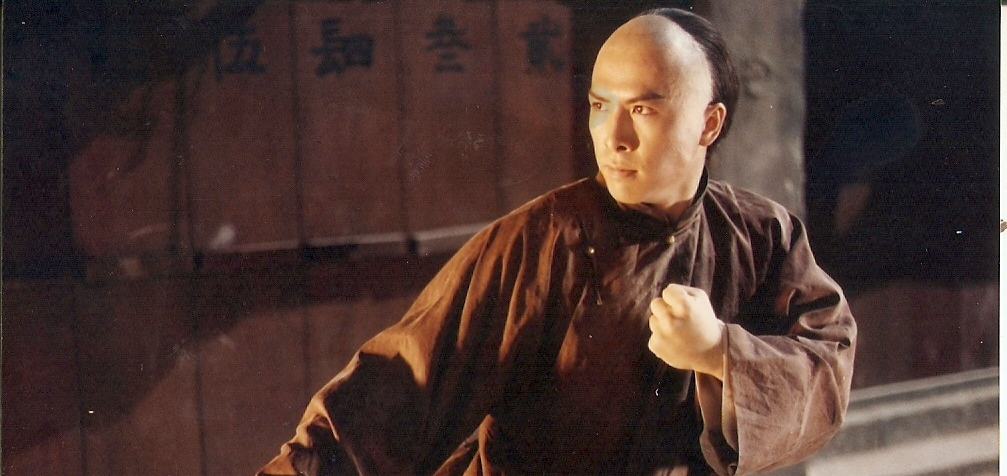
The early years of Wong Fei Hung are captured in this superb entry. Whilst nominally directed by Yuen Woo Ping, it's clearly got the fingerprints of Tsui Hark all over it as has a thematic and visual style closest to the first three “Once Upon a Time in China” series. Focusing on the youthful Fei Hung, played extraordinarily by Angie Tsang as he travels with his father Wong Kei Ying (Donnie Yen). An encounter with Dr Yang (Yu Rong Guang) and Miss Orchard (Jean Wang) leads to a battle against corruption and the mysterious Iron Monkey that fights it. Exquisite action choreography and a gallery of rogues and villains are joined to a classic story of good and evil. All the participants get moments to shine. Fei Hung's battle with several evil monks and the undercranked use of the no-shadow kick by Wong Kei Ying are highlights. Add some emotional beats in the father and son relationship and you get a classic entry into the martial arts genre.
Buy This Title
on Terracotta by clicking on the image below
2. Drunken Master (1978) by Yuen Woo Ping
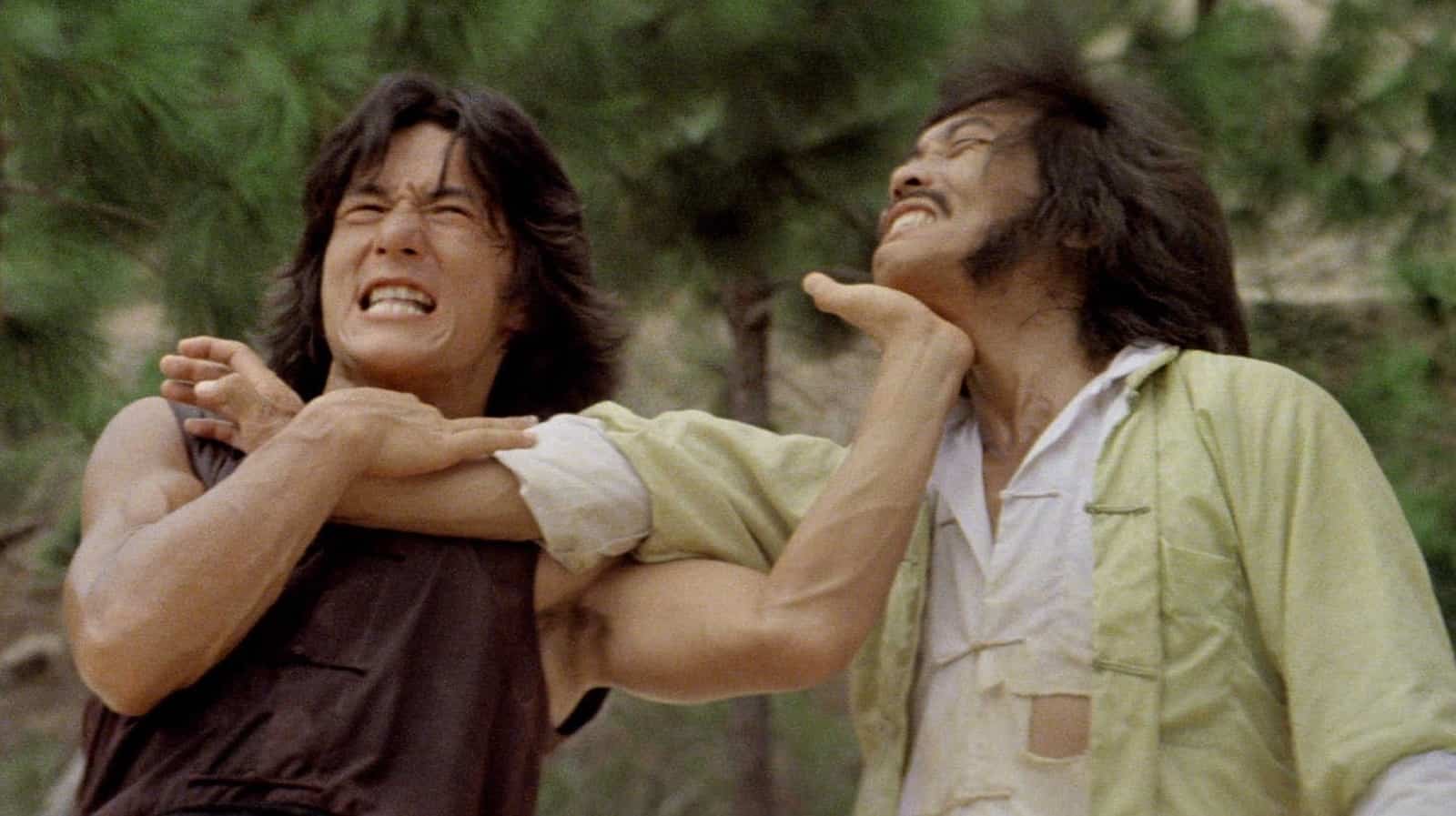
One of the defining martial arts movies and one of the highlights of the Kung Fu Comedy boom is also a variation on the Wong Fei Hung theme. Here played by Jackie Chan, he is less the serious martial artist of renown than a mischievous youth looking to avoid responsibility. Ignore some of the historical inaccuracies (Jackie Chan's hairstyle for one!) and it is here that some of the signature tropes of the legend start to form. Taking a character from “Snake in the Eagles Shadow” we are introduced to Yuen Siu Tien (Yuen Woo Ping's father) this time as Sam Seed. A character who would be more familiar known as Beggar So. He acts as the young master's mentor in a series of brutal training sequences, and it is where we first see Drunken Kung Fu as a style. This is a device to add the comedy element that fits Jackie Chan's persona as opposed to the actual Hung Gar style the real one practiced yet is now a side element to the fictional one as would get chucked into the occasional movie as the years progressed. No great action movie is complete without a good villain and in Hwang Jang Lee's Thunderfoot we get a super kicking bad guy for the ages. He event gets the immortal line “Hands open doors, legs smash them down”.
Buy This Title
on Terracotta by clicking on the image below
3. Martial Club (1981) by Lau Kar-leung
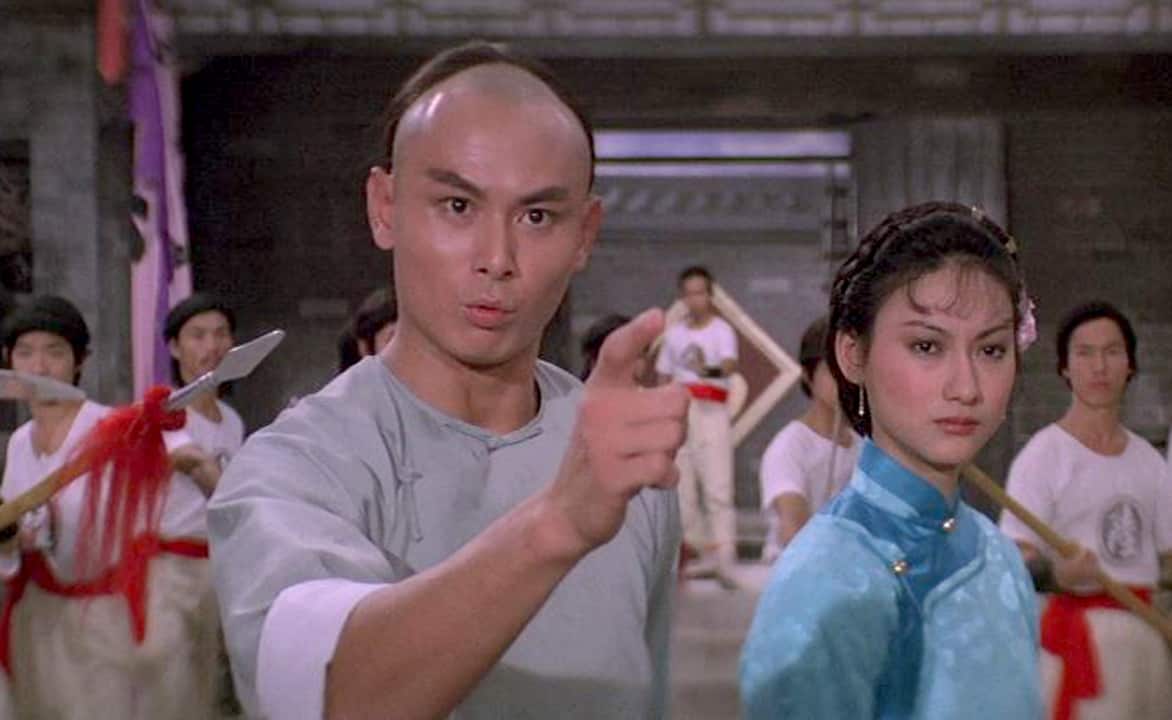
Not to be outdone, Shaw Brothers icon Lau Kar-leung was to direct two features focusing on the younger years of the martial legend with Gordon Liu in the lead role. Here though, history was to meet fiction, for in reality Lau Kar-leung's father had been a student of Lam Sai Wing, better known as Butcher Wing, a disciple of Wong Fei Hung himself. Here Gordon Liu has a similar knack to Jackie Chan's for getting into scrapes. The difference this time is a gradual evolution into the more traditional figurehead he was to become. The choreography as to be expected is more classical and this plays into the central narrative of Northern vs Southern styles. What elevates this into the realms of the top tier of Wong Fei Hung stories is the performance of Wong Lung Wei. Normally the villain in every film you see him in, here he gets a more nuanced role. An honorable man tricked into doing the actual bad guys bidding. His final duel with Wong Fei Hung is superb. Adapting their styles to a gradually shrinking alleyway. It's a pitch perfect example of the brilliance of Lau Kar-leung's choreography, but also philosophy. The Confucian virtues are in full display here and only adds depth to a terrific feature.
Buy This Title
on Amazon by clicking on the image below
4. Once Upon a Time in China 2 (1992) by Tsui Hark
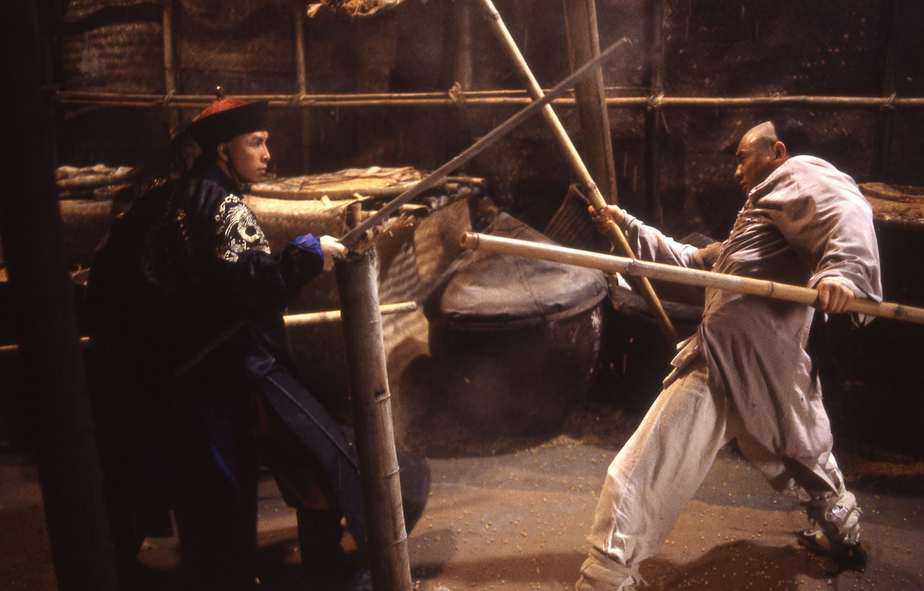
It would be very easy to include the first in the series that really cemented the iconography of Wong Fei Hung but the second is regarded by many as one of the finest works to come out the modern era. It's in this series that we have the fully formed Wong Fei Hung in Jet li and a more serious character, confused by the way of the new world that is crashing in on the old, represented by Aunt Yee (Rosamund Kwan). He's also surrounded by the now familiar supporting acts. Ah Foon (Max Mok replacing Yuen Biao) is the one to stand out here with others returning in the 3rd of the series. What makes this series stand out is the fundamental humanity. Fei Hung's skills as a doctor are appreciated as much as his martial arts skills. The sequence where western and traditional Chinese medicine combine shows this at it's best. It's also balanced in its criticism, targeting both western expansion but also the fanaticism of the White Lotus movement and their use of false idols. It's a balance that is sadly lost as Hong Kong Cinema has declined and Tsui Hark moved into Melody films that would never permit that level of critique. The action choreography as a consequence becomes part of the story rather than overwhelms it. Add two duels between Jet Li and Donnie Yen bookending a narrative that brings in the real-life Sun Yat-sen and you probably have the defining Wong Fei Hung movie by which all others are judged.
Buy This Title
on Terracotta by clicking on the image below
5. Drunken Master 2 (1994) by Lau Kar-leung and Jackie Chan
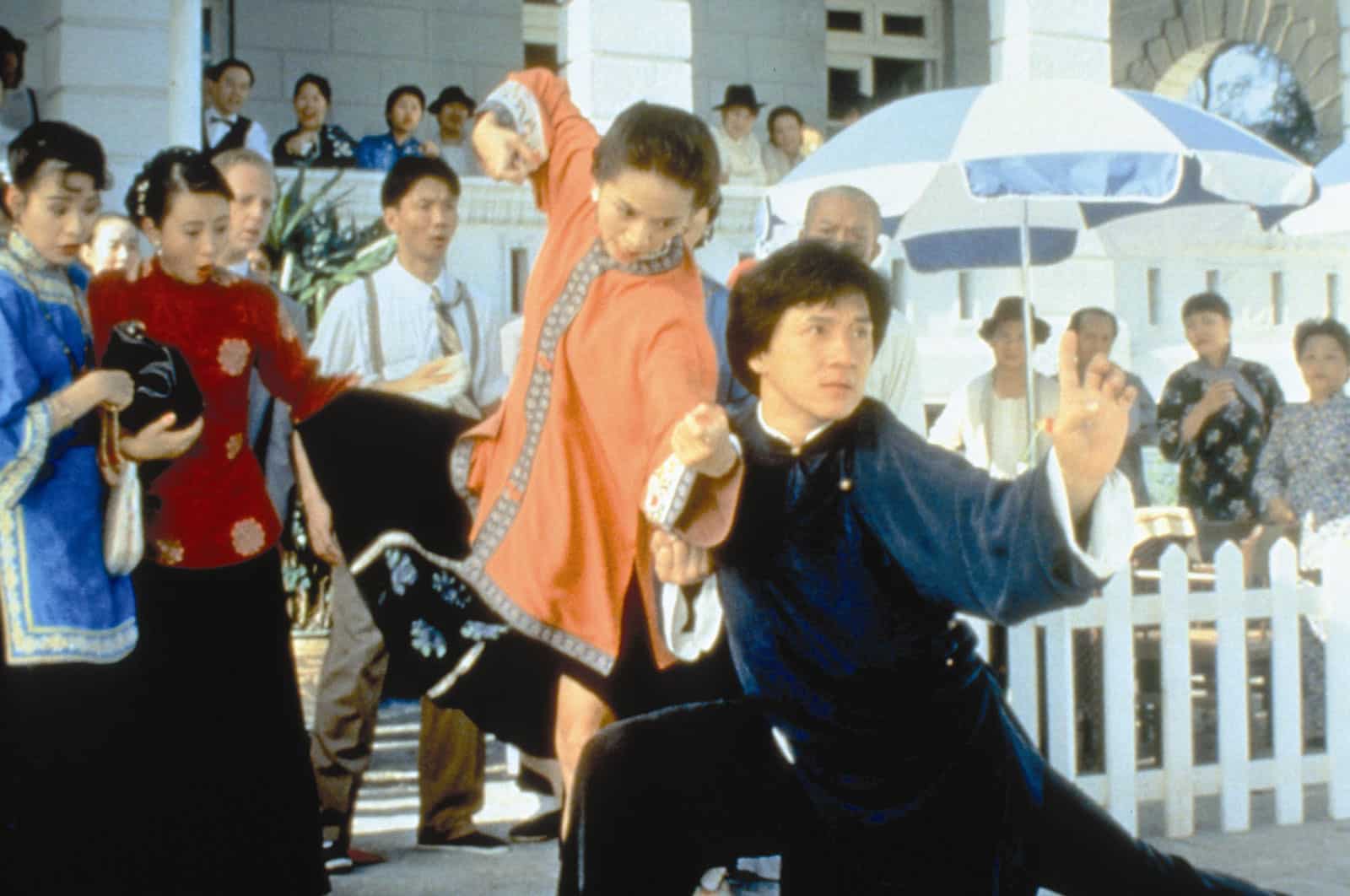
Behind the scenes friction ultimately delivered an exceptional Kung Fu Comedy that was able to marry together two very distinctive styles. Jackie Chan by this point in his career had earned a degree of autonomy which meant it could be hard to direct him, given he was used to creating his own vision. Lau Kar-leung's style of pure martial arts would ultimately lead to a parting of the ways but not before he got to put on camera some excellent sequences. The finale though belongs to Jackie Chan. Having established the side effect of Drunken Kung Fu, his Fei Hung is a cross between the normal Jackie Chan character mixed with elements of the serious Jet Li version. The finale is the final word in Kung Fu comedy and is unsurprisingly his last real 1 on 1 battle with an opponent (aside from “Gorgeous” but that doesn't really count!). Filled with visual humor and dangerous stunts, it is one that stands the test of time. As a whole, it adds little to the mythos of Fei Hung but as entertainment it succeeds wildly. Throw in a brilliantly comic performance from Anita Mui as his mother it is the ultimate mash up from two men that did so much to define the legend.
Check also this video review
6. The Magnificent Butcher (1979) by Yuen Woo Ping

The latter years of Wong Fei Hung are best encapsulated by the trilogy of films that were to star Kwan Tak-hing. Famous for his portrayal in around 100 movies in the 1950's and 1960's, he was as closely defined by the character as it was possible to be. “The Skyhawk” would be his last lead and “Dreadnaught” his final appearance. “The Magnificent Butcher” would be the highlight, an extended cameo that sees him as the venerable master overseeing a collective of bumbling disciples led by Butcher Wing (Sammo Hung in a role he was born to play). This is a classic narrative with the supporting acts getting more screen time as confusion leads to inevitable tragedy. Beggar So returns in the form of Fan Mei Sheng due to the death of Yuen Siu Tien whilst filming. It's a classic Kung Fu comedy with all the trimming. Kwan Takhing gets a standout sequence of courtesy Kung Fu in a calligraphy duel that turns confrontational. Making the most of his limitations at the time it is a beautiful moment of martial virtue that exemplifies the character he plays. A fitting conclusion to his career and the life of the master.


